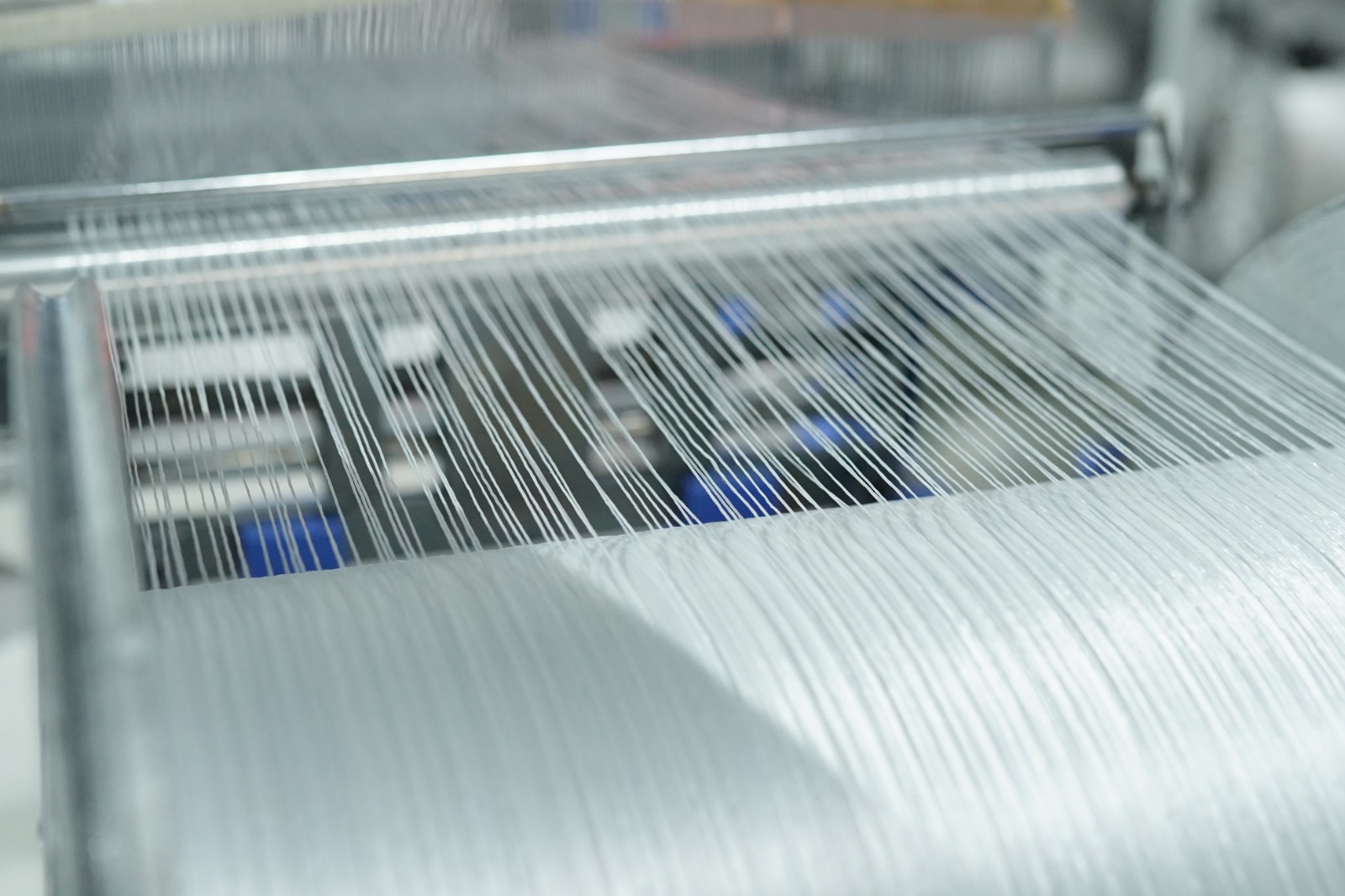At the core of Industrial and Agricultural Canada lies the need for a flexible, robust, and efficient way of effective material handling. Of all these, the Flexible Intermediate Bulk Containers (FIBC) Bags are shining through for the transportation or storage of almost anything, truly unsung heroes of this domain, offering a solution that is unbeatable. FIBC bags are strong, flexible, and very cost-effective, hence very useful to large scopes of sectors such as mining, agriculture, construction, and food processing, among others. This definitive guide will take the reader through the various types of FIBC bags found in Canada, from their uniqueness, to how they can revolutionize bulk handling in businesses.
The Essentials of FIBC Bags
FIBC bags, with the probable capacity to hold thousands of pounds of products, emerge as a cornerstone in the material handling of bulky goods. Being an epitome of reusability by showing flexibility and durability, FIBCs pose a question of sustainability against the traditional methods of packaging. Lift loops, discharge spouts, and fill tops can be modified for features of FIBC bags as per the special requirements of the material to be transported or stored, which would add to operational efficiency and safety.
Types of FIBC Bags in Canada Detailed
- Standard FIBC Bags
Standard FIBC bags are the simplest products in the line of material moving and storage. Very universal in character of use, they apply to the storage of agricultural produce and industrial commodities. The whole design of the bag is such that it is one of the standard forms used in bulk handling.
- Baffled FIBC Bags
The baffled FIBC bags have structure enough to take care of general bulging and hence allow for retention of the rectangle shape, ensuring there is the facility for easy stacking at warehouses during shipment to use space best. One of the most important features of these bags is that internal baffles stabilize the load. Therefore, the bags are perfect in the cases of any product that requires orderly storage.
- Ventilated FIBC Bags
Ventilated bags are designed with the characteristics of providing breathability to products such as agricultural produce to avoid moisture build-up, hence reducing the risks of spoilage by integrating mesh panels to allow free airflow. Such bags are important in securing perishable goods to ensure their freshness and quality during handling and transportation.
- Conductive FIBC Bags (Type C)
Static electricity may be allowed in conventional environments, but conduction FIBC bags provide a static control solution safely. Whenever the need arises, these bags are made with conductive threads in safely discharge static electricity from the materials and prevent spark by fire from flammable materials or explosions in a combustible atmosphere.
- Dissipative FIBC Bags (Type D)
The FIBC-type bags are dissipative bags designed to serve pretty much the same function as the Type C bags but are produced in such a manner that their use precludes sudden static discharges without the cargo being grounded off. This proves particularly important in environments that are not groundable and provide another way for safe cargo handling.
- Food Grade FIBC Bags
It goes without saying that a product used in handling any food product is safe and pure. Such bags are the need of the food processing industry where storage free from contamination and even transit is a foregone condition to the process.
- UN Certified FIBC Bags
The handling and transportation of hazardous materials require strict adherence to safety standards. There are FIBC bags that are designed for use in the UN-certified transportation of dangerous goods. This is to a level that guarantees additional protection and compliance for any business that may be dealing with the said material.
Selecting the Right FIBC Bag in Canada for Your Needs Expanded
Selection of the appropriate FIBC bag in Canada calls for a judicious choice based on material characteristics, handling requirements, and regulations governing its compliance. Apart from the capacity of the bags, the choice of FIBC will also depend on how safe handling of FIBC is going to be. It would, therefore, be important to consult a qualified supplier who can help identify and select the best type of FIBC solution for a given application to ensure the highest efficiency and safety.
Conclusion
This directly speaks of the ability and performance of FIBC Bags, which are very flexible and efficient when used for handling bulk loads, offering the ultimate solution in bulk material handling to every corner of diverse industrial landscapes. From more operational efficiency to the fulfillment of safety standard needs, FIBC bags are tailor-made to fit the various sectors. These bags of FIBC are becoming very important as they can give companies new, innovatively sustainable solutions to their challenges of bulk handling. In the right FIBC bag type, the changes could be transformative in how companies store, transport, and manage bulk materials, ratcheting up operations with newfound confidence and precision.

